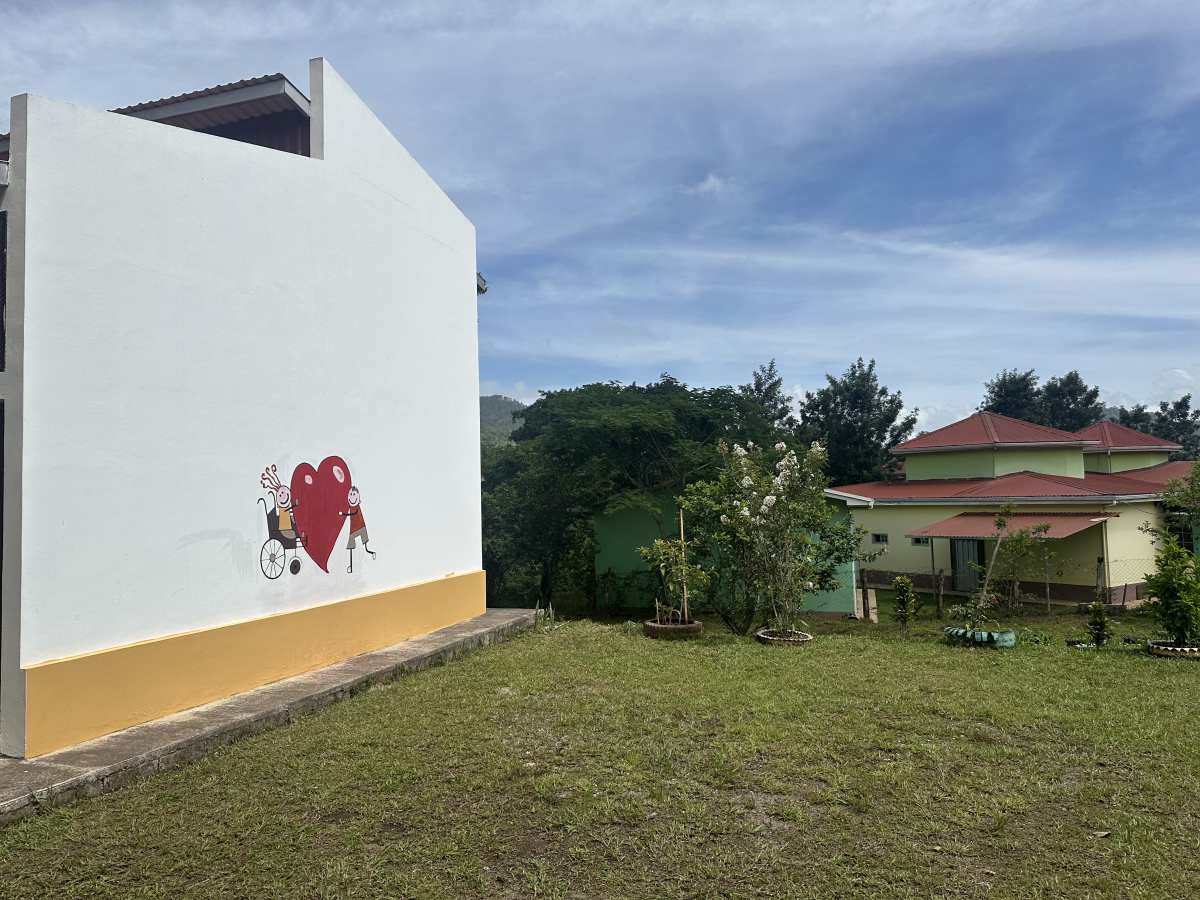In June 2025, I will join a team of physicians and therapists for a mission trip to Atima, Honduras with the Organization for Community Health Outreach (OCHO). As a PGY2 resident in the combined Pediatrics/Neurodevelopmental Disabilities programs at Johns Hopkins and Kennedy Krieger Institute, this will be my first global health experience. During the trip, I will work on evaluating children with disabilities and training local healthcare providers on how to treat and rehabilitate their special needs at the Centro de Rehabilitación de Atima. My main goal is to contribute to improving the care of children who are underserved in terms of specialized healthcare. By directly evaluating and treating these children, I will help identify needs, develop appropriate care plans, and ensure they receive the best possible care. The training of local healthcare workers is also an important part of the trip, as it helps ensure the sustainability of the care provided long after we leave.
The main beneficiaries of this project are children in Honduras with neurodevelopmental disabilities, as well as their families. These children often do not have access to the specialized care they need, especially in rural areas. The lack of resources and trained professionals means that many of these children do not receive early diagnoses or appropriate treatment, which can severely impact their development. By providing direct care and evaluations, I hope to make a real difference in their lives. The training for local healthcare providers will also help expand the reach of our efforts, ensuring that children with disabilities continue to get the care they need long after our team leaves.
The impact of this trip will be both immediate and long-lasting. In the short term, I will help assess and treat children, providing them with access to care they otherwise might not have. I will also be part of a team that trains local healthcare workers, equipping them with knowledge and skills to improve the care of children with disabilities going forward. Long-term, I hope that this trip continues to lay the groundwork for a sustainable model of developmental care in Honduras. Once I return, I will carry forward my lessons learned about providing care in resource-limited settings and share these experiences with my colleagues. This will shape how I approach global health challenges and help me better serve children with disabilities, no matter where they are.






I am incredibly grateful for the chance to travel on a medical outreach trip to Honduras with the OCHO (Organization for Community Health Outreach) Brigade. As a member of the Rehabilitation Team, I collaborated with local developing rehabilitation centers in several rural villages to provide direct care and education that met both immediate and long-term needs of the surrounding communities.
The most deeply impacted were the patients and their families. We evaluated and developed rehabilitation strategies for children with a range of functional challenges—some of whom were returning patients, while others were new to care. These children often lived in areas with minimal access to rehabilitative services. Through our clinical assessments and hands-on interventions, we were able to provide tailored treatment plans that helped improve mobility, communication, adaptive skills and, ultimately, quality of life.
Additionally, I felt fortunate to work alongside several bright undergraduate students of Functional Therapy and Audiology from an affiliated university. We provided preceptorship and clinical training in real-world, low-resource environments—experiences that were not only formative for the students but also essential in building local capacity. These future therapists gained confidence and skill through supervised patient encounters and hands-on mentorship, directly strengthening the healthcare infrastructure of their own communities. I also benefitted from this collaboration by enhancing my own teaching skills.
I was personally inspired by the bidirectional nature of our partnerships. Rather than imposing care, OCHO worked alongside existing community structures, valuing local knowledge and fostering sustainable growth. This model of care—rooted in mutual respect and shared responsibility—left a lasting impression on me. I came away with a deeper understanding of how rehabilitation strategies can be adapted creatively in resource-limited settings, and how education can be a powerful tool for sustainable health development.
In all, the trip impacted a spectrum of people—from patients gaining mobility, to families empowered as advocates, to students stepping into their future roles as healthcare providers. I feel honored to have been a part of this mission, and to witness firsthand the strength of community-driven healthcare.